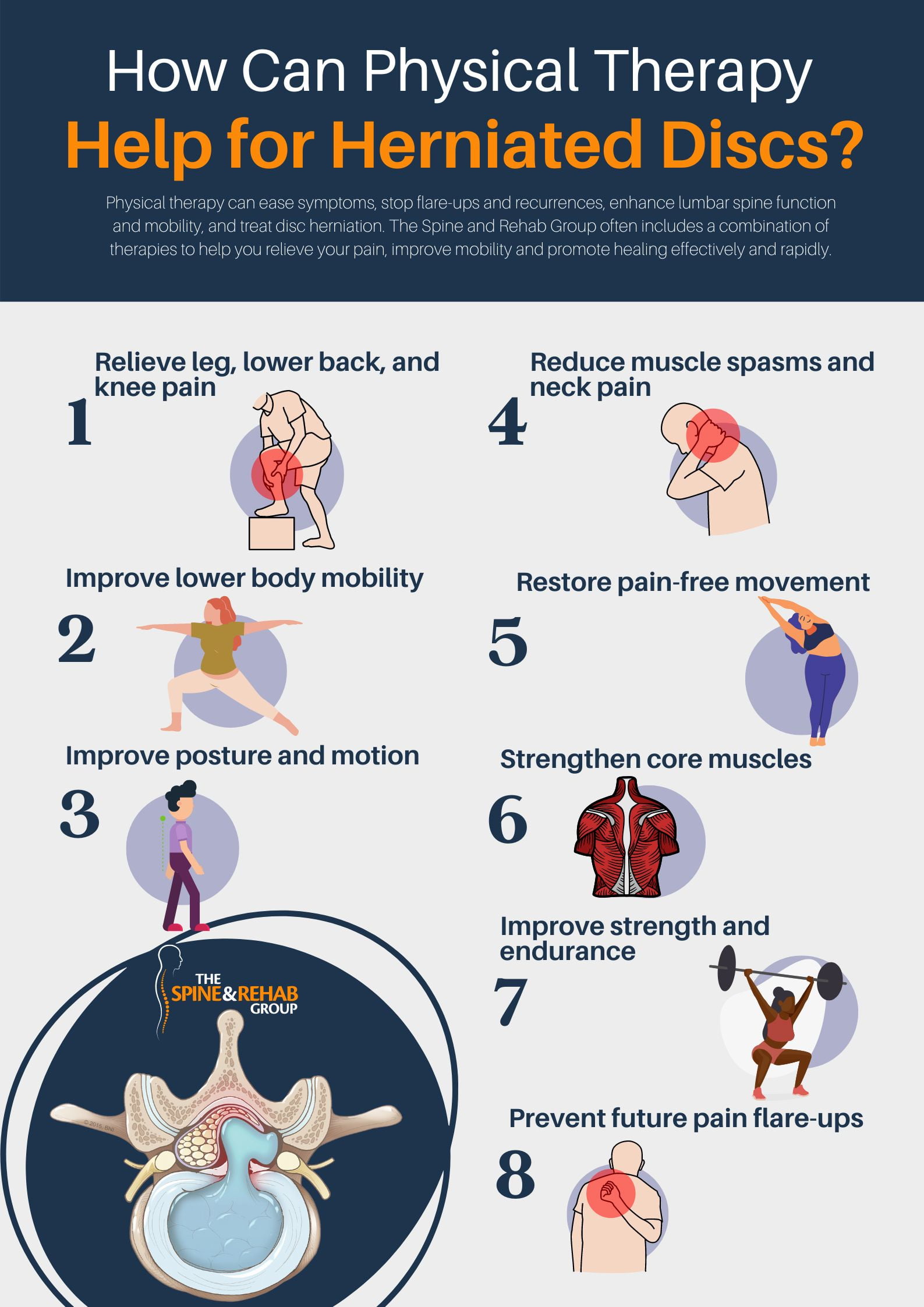Living with ongoing pain can be an immense challenge that impacts every element of routine life. It can affect your bodily well-being, mental health, and overall quality of life. Nonetheless, there are effective strategies and therapies accessible designed to control pain and help individuals reclaim their lives. Comprehending the different types of pain and studying pain management services can equip you to take control of your situation and find comfort.
In this comprehensive guide, we will explore various pain management options, including traditional and complementary therapies, lifestyle changes, and integrative approaches. From the importance of physical therapy and chiropractic care to the benefits of mindfulness and dietary adjustments, we aim to provide you with useful insights on how to alleviate pain. Whether you suffer from acute pain or chronic conditions, knowing your treatment options can lead you to a more easy existence.
Understanding Discomfort Control
Managing pain is a cross-disciplinary approach that aims to alleviate discomfort and boost the quality of life for patients experiencing ongoing pain. It consists of multiple therapies, drugs, and lifestyle changes adapted to meet the unique needs of all patient. By tackling the complicated nature of pain, including its bodily, emotional, and mental aspects, pain management aims to provide comprehensive relief, allowing patients to take back control over their lives.

The types of pain a person may experience can be classified broadly into short-term and long-term categories. https://blogfreely.net/wirestove1/living-without-pain-successful-approaches-for-relief-from-chronic-pain is commonly short-lived and often arises from an injury or medical condition, while chronic pain continues for an lengthy period, typically lasting beyond six months. Understanding the variances between these two types is essential for selecting effective treatment and management strategies. right here demands an precise diagnosis, which informs the choice of interventions that can reduce discomfort while enhancing overall well-being.
Chronic pain clinics and specialists play a essential role in aiding individuals seeking relief from chronic pain. These centers offer comprehensive assessments and develop tailored treatment plans that may feature physical therapy, medication management, alternative therapies, and lifestyle adjustments. Through coordinated care and education, pain management services can help patients comprehend their pain, develop coping strategies, and execute effective techniques that lead to enhanced function and standard of life.
Successful Pain Relief Strategies
One of the crucial aspects of managing chronic pain is recognizing the various strategies that can provide relief. Pain management is not a standard approach; it necessitates a tailored plan that meets the individual's specific needs and the type of pain they face. Techniques such as rehabilitation and osteopathy often play a critical role in alleviating pain. These therapies concentrate on improving mobility, strength, and function, ultimately resulting in a decrease in pain levels. For many, integrating fitness into their routine can also support other therapies, working synergistically to enhance overall well-being.
In addition to traditional therapies, alternative treatments have gained popularity for their potential benefits in pain relief. Bodywork is one such option, addressing muscle tension and promoting relaxation, which can substantially alleviate pain symptoms. Acupuncture has also become known as an effective method, using fine needles to stimulate specific points in the body, thereby reducing pain and enhancing energy flow. These complementary therapies can be particularly beneficial for those seeking to avoid medication-based approaches or looking to enhance their existing pain management strategies.
Finally, a holistic approach to pain management often includes lifestyle modifications that can lead to improved outcomes. Mindfulness and meditation are increasingly valued for their ability to influence pain perception and emotional resilience. Incorporating https://articlescad.com/this-role-of-diet-in-pain-management-techniques-33897.html -inflammatory foods into one's diet can also provide organic relief by reducing inflammation in the body. It is essential for individuals dealing with chronic pain to explore a combination of these strategies, collaborating with healthcare professionals to create a comprehensive pain management plan that promotes a pain-free life.
Innovative Therapies and Methods
In the past few years, the domain of pain relief has seen a increase in new treatments aimed at assisting individuals manage chronic pain more successfully. One noteworthy approach is interventional techniques, which employs advanced procedures such as nerve desensitization and RF ablation. These techniques provide precise relief by halting pain signals before they reach the mind, often resulting in prolonged effects for patients suffering from conditions like osteoarthritis and nerve pain. By concentrating on specific areas of discomfort, these therapies can significantly improve quality of life and enhance physical function.
Another exciting development is the integration of regenerative medicine into pain management. Methods involving cellular therapies and PRP therapy are gaining interest for their potential to repair tissue damage and promote regeneration. This method is particularly relevant for conditions such as joint degeneration and tendon damage, where conventional treatments may be insufficient. By utilizing the body’s innate healing abilities, regenerative medicine offers a promising alternative to conventional pain management strategies and can lead to prolonged relief without the side effects associated with opioids and other pharmaceuticals.
Additionally, the growth of integrative approaches in pain management highlights the mind-body connection and the importance of psychological health. Methods such as mindfulness, meditation, and yoga have shown effectiveness in reducing perceived pain levels by assisting individuals achieve a state of relaxation and consciousness. Practices that prioritize breath control and gentle physical activity not only alleviate physical issues but also contribute to emotional resilience. As research continues to examine these new methods, it becomes apparent that a multifaceted approach to pain management can lead to improved and personalized treatment strategies.
